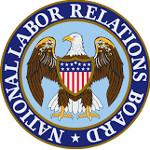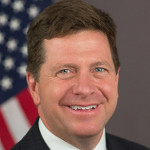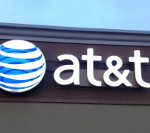2018’s Top 10 Legal Challenges in Privacy and Data Security
 In an article for Bloomberg Big Law Business, Wiley Rein LLP’s Kirk Nahra details the top-10 U.S. and international developments in 2018 that companies must be aware of to ensure an effective information security program.
In an article for Bloomberg Big Law Business, Wiley Rein LLP’s Kirk Nahra details the top-10 U.S. and international developments in 2018 that companies must be aware of to ensure an effective information security program.
Nahra writes that “it is clear that privacy and data security has moved from an issue impacting primarily healthcare and financial services companies, to an issue that affects, in large and small ways, virtually every company across the globe. These issues affect litigation, mergers and acquisitions, product development, research, corporate strategy, business partnerships, and, in some way most activities of most companies.”
His article covers the European Union’s new General Data Protection Regulation, Privacy Shield and other data transfer obligations, non-EU data transfer programs, cybersecurity, breach litigation, FTC and Office for Civil Rights enforcement, and the role of the states.










